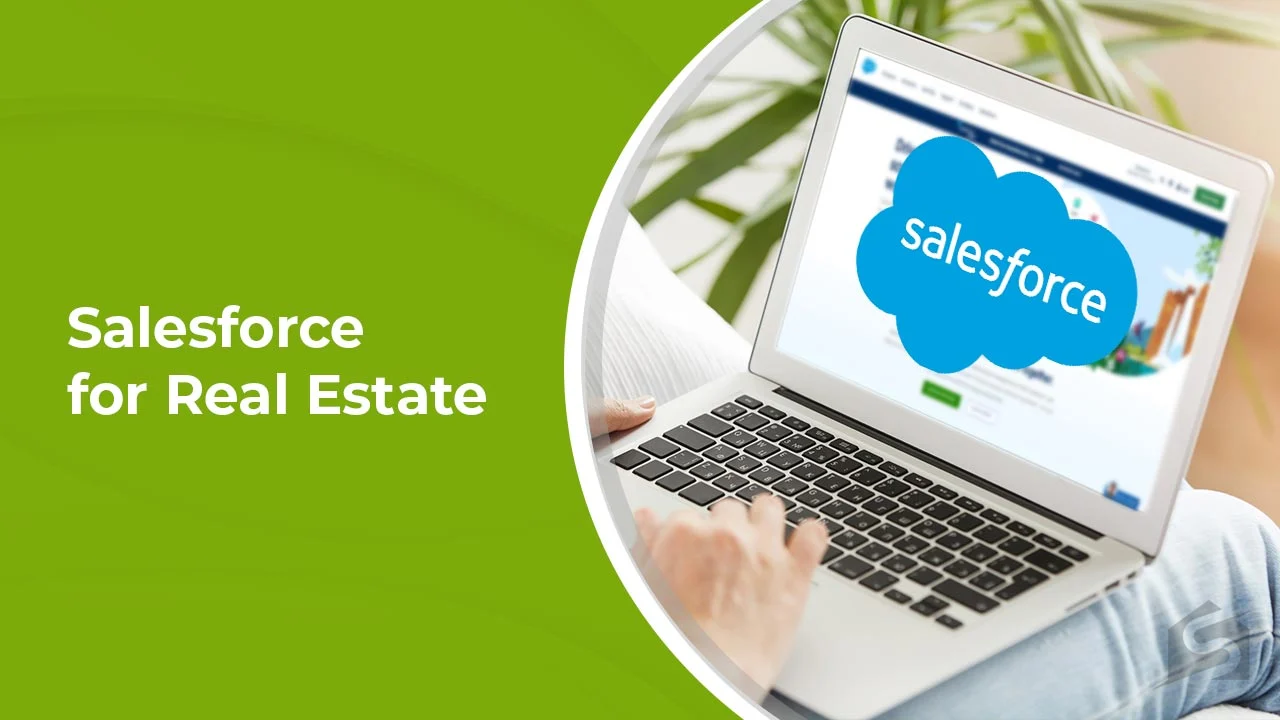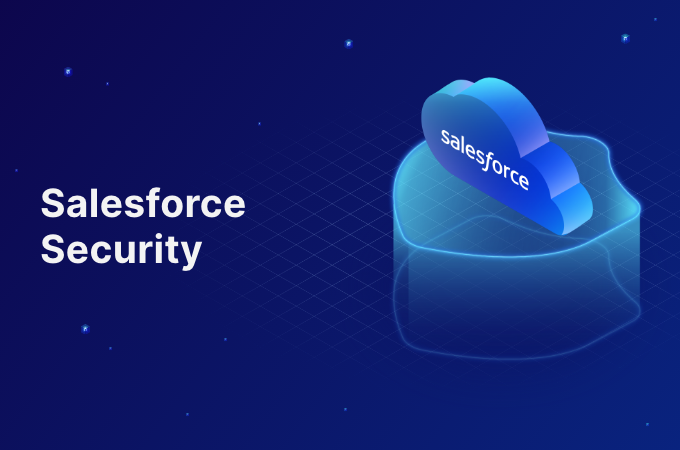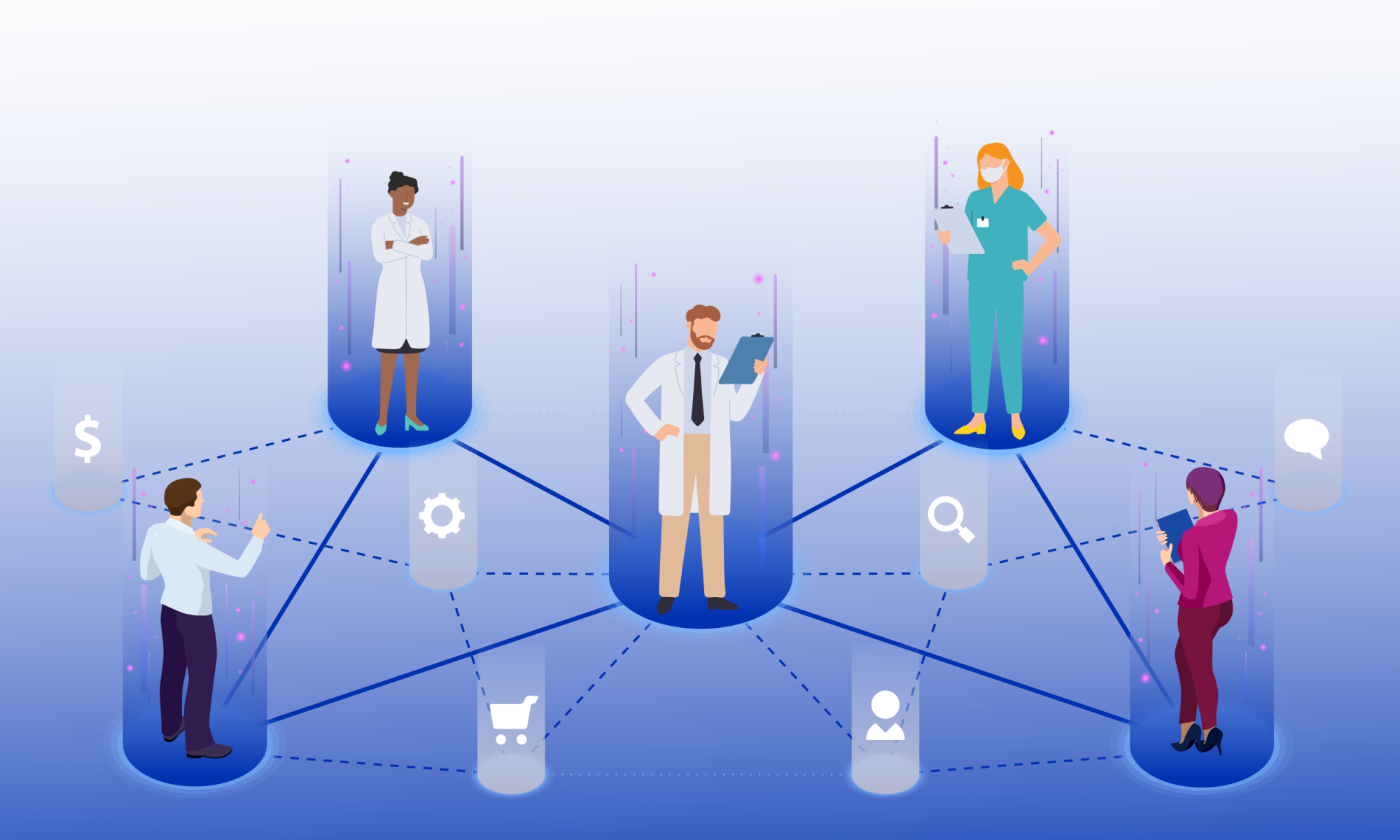The real estate industry, traditionally built on personal connections and local knowledge, is undergoing a digital transformation. In today’s competitive market, simply relying on spreadsheets and manual processes is no longer sufficient. To thrive, real estate professionals need robust tools that streamline operations, enhance client relationships, and provide data-driven insights. That’s where Salesforce comes in.
Why Real Estate Needs Salesforce:
Real estate is a relationship-driven business. From lead generation to closing deals and nurturing long-term client relationships, managing these interactions effectively is crucial. Salesforce, a leading Customer Relationship Management (CRM) platform, offers a comprehensive solution to address these challenges.
Here’s how Salesforce empowers real estate businesses:
- Centralized Lead Management:
- Capture leads from various sources (website, social media, referrals) and consolidate them into a single platform.
- Track lead activity, prioritize prospects, and automate follow-ups, ensuring no opportunity is missed.
- Enhanced Client Relationship Management:
- Maintain a 360-degree view of clients, including their preferences, property interests, and communication history.
- Personalize interactions and build stronger relationships, leading to increased client satisfaction and referrals.
- Streamlined Property Management:
- Organize property listings, track availability, and manage showings efficiently.
- Store property documents, photos, and videos in a centralized repository for easy access.
- Improved Collaboration:
- Enable seamless communication and collaboration among agents, brokers, and other stakeholders.
- Share information and updates in real-time, ensuring everyone is on the same page.
- Data-Driven Insights:
- Generate insightful reports and dashboards to track key performance indicators (KPIs).
- Analyze market trends, identify top-performing agents, and make informed business decisions.
- Automation of Workflows:
- Automate repetitive tasks, such as email marketing, appointment scheduling, and document generation.
- Free up valuable time for agents to focus on building relationships and closing deals.
- Mobile Accessibility:
- Access all your critical data from any mobile device.
- This is very important for Real Estate agents that are often in the field.
Key Salesforce Features for Real Estate:
- Sales Cloud: Manage leads, opportunities, and client relationships.
- Marketing Cloud: Automate marketing campaigns and personalize client communications.
- Service Cloud: Provide exceptional customer service and support.
- Experience Cloud: Build online portals for clients and partners.
- AppExchange: Access a vast library of pre-built apps and integrations tailored to the real estate industry.
Implementing Salesforce: A Step-by-Step Approach:
- Define Your Goals: Identify your specific business needs and objectives.
- Choose the Right Salesforce Edition: Select the edition that best suits your budget and requirements.
- Customize the Platform: Tailor Salesforce to your unique workflows and processes.
- Integrate with Other Systems: Connect Salesforce with your existing real estate software and tools.
- Train Your Team: Provide comprehensive training to ensure your team can effectively use the platform.
- Monitor and Optimize: Continuously track performance and make adjustments as needed.
The Future of Real Estate with Salesforce:
As technology continues to evolve, Salesforce will play an increasingly vital role in the real estate industry. By embracing this powerful platform, real estate professionals can enhance their operations, improve client experiences, and gain a competitive edge.
In conclusion, Salesforce is not just a CRM; it’s a comprehensive business solution that empowers real estate professionals to level up their business. By leveraging its capabilities, you can streamline operations, build stronger client relationships, and achieve greater success in the dynamic real estate market.




